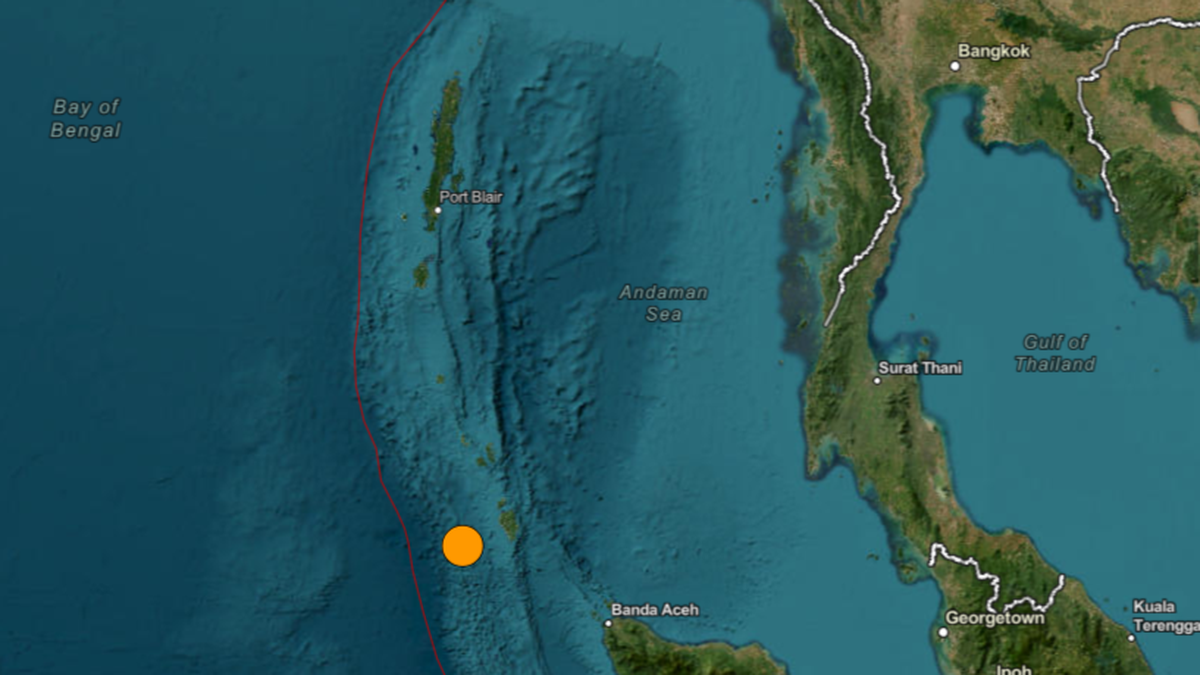Spain and Portugal have detected over 40 suspected cases of monkeypox, while US authorities reported the country’s first confirmed case.
Monkeypox, which mostly has been detected in the west and central Africa, is a rare viral infection similar to human smallpox, though milder.
The outbreaks were concentrated in the Spanish and Portuguese capital cities, officials said Wednesday.
The lone US case was detected in Massachusetts, with health officials saying the man found with the infection had recently traveled to Canada.
The announcements came just days after British health authorities said they had detected seven cases so far this month, with the World Health Organization working with the government to investigate the outbreak.
Monkeypox is a virus that causes fever symptoms as well as a distinctive bumpy rash. It is usually mild, although there are two main strains: the Congo strain, which is more severe – with up to 10 percent mortality – and the West African strain, which has a fatality rate of more than 1 percent of cases. The UK cases are least have been reported as the West African strain.
The virus spreads through close contact, both in spillovers from animal hosts and, less commonly, between humans. It was first found in monkeys in 1958, hence the name, although rodents are now seen as the main source of transmission.
Transmission this time is puzzling experts because a number of the cases in the United Kingdom — nine as of May 18 — have no known connection with each other. Only the first case reported on May 6 had recently traveled to Nigeria.
As such, experts have warned of wider transmission if cases have gone unreported.
Monkeypox, which mostly has been detected in the west and central Africa, is a rare viral infection similar to human smallpox, though milder.
The outbreaks were concentrated in the Spanish and Portuguese capital cities, officials said Wednesday.
The lone US case was detected in Massachusetts, with health officials saying the man found with the infection had recently traveled to Canada.
The announcements came just days after British health authorities said they had detected seven cases so far this month, with the World Health Organization working with the government to investigate the outbreak.
Monkeypox is a virus that causes fever symptoms as well as a distinctive bumpy rash. It is usually mild, although there are two main strains: the Congo strain, which is more severe – with up to 10 percent mortality – and the West African strain, which has a fatality rate of more than 1 percent of cases. The UK cases are least have been reported as the West African strain.
The virus spreads through close contact, both in spillovers from animal hosts and, less commonly, between humans. It was first found in monkeys in 1958, hence the name, although rodents are now seen as the main source of transmission.
Transmission this time is puzzling experts because a number of the cases in the United Kingdom — nine as of May 18 — have no known connection with each other. Only the first case reported on May 6 had recently traveled to Nigeria.
As such, experts have warned of wider transmission if cases have gone unreported.


















